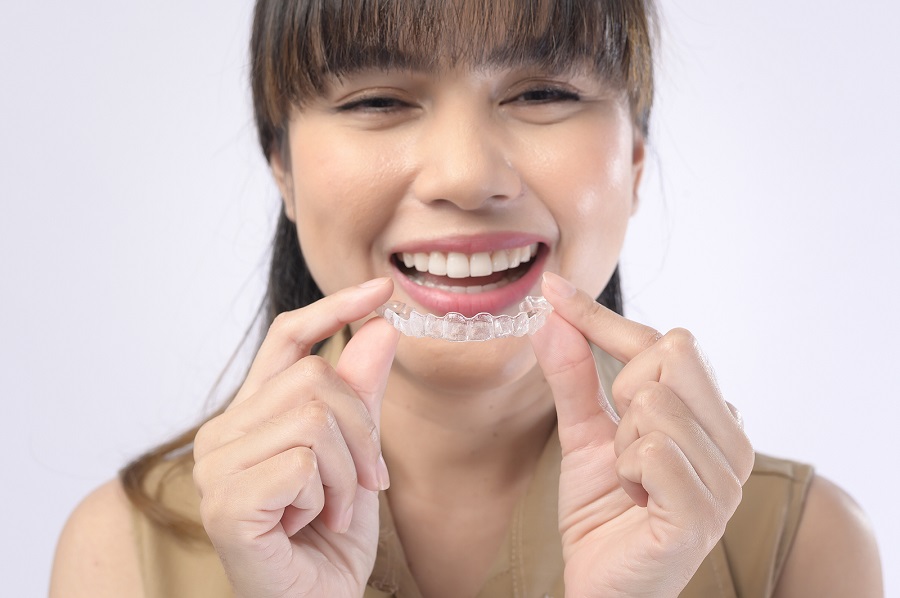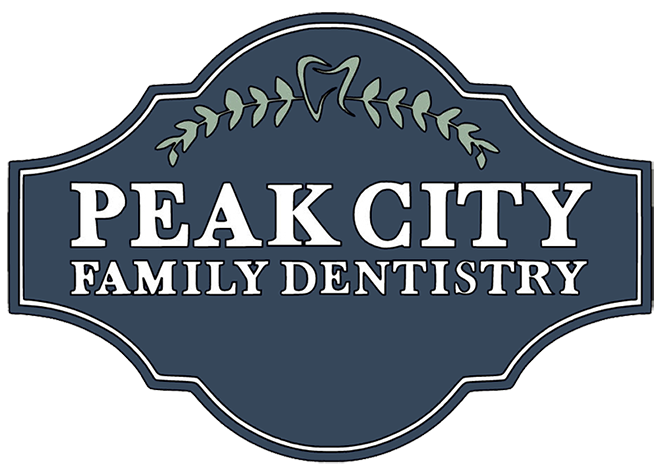Understanding the Process: What to Expect During Your Oral Examination
Posted by PEAK CITY FAMILY DENTISTRY on Jul 30 2024, 06:22 AM
Are you due for a dental check-up? Many people find the thought of visiting the dentist daunting. However, routine oral examinations are vital for maintaining excellent oral health. These appointments help catch potential issues early and ensure your smile stays bright for years to come. At our dental practice, we prioritize patient comfort while providing top-notch care.
In this guide, we'll walk you through what to expect during your routine oral examination, including the importance of these visits and how they can positively impact your overall well-being. Let’s demystify the process so that next time you're in our chair, you'll feel relaxed and informed!
Importance of Routine Oral Examinations
Routine oral examinations are a cornerstone of good dental health. These visits allow your dentist to identify problems before they escalate into more significant issues. Catching cavities early can save you time, discomfort, and money in the long run.
Beyond cavity detection, these exams also screen for gum disease and other oral health concerns. Healthy gums play a crucial role in maintaining not just your mouth but your overall body health as well.
Additionally, routine check-ups help establish a relationship with your dentist. Regular appointments create an opportunity for personalized advice tailored to your unique needs and habits.
With advancements like Digital X-rays in Apex, detecting underlying conditions becomes quicker and safer than ever before. This technology allows us to visualize areas that might otherwise go unnoticed during traditional examinations. Prioritizing these visits is essential for sustaining a healthy smile throughout life. Call us to learn more.
Preparing for Your Appointment
Preparing for your dental appointment can set the tone for a smooth experience. Start by gathering any relevant medical history. If you have existing conditions or medications, jot them down to share with your dentist.
Next, think about any concerns you might want to discuss. Whether it’s tooth sensitivity or aesthetic questions, having these ready ensures nothing is overlooked during your visit.
Also, don’t forget to check if you need to arrive early. Some practices may require paperwork that could take time to fill out.
If you’re anxious about the examination process, consider practicing relaxation techniques beforehand. Deep breathing can help calm nerves and make everything feel more manageable.
Remember that keeping up with good oral hygiene at home will contribute positively to your exam results. Brush and floss before heading in; it shows commitment and leaves a great impression!
Step-by-Step Guide to a Routine Oral Examination
- When you arrive for your routine oral examination, the first step is a warm welcome from our friendly staff. They'll guide you through any necessary paperwork and ensure you're comfortable.
- Next, you'll meet with the dentist. They will review your medical history and any concerns you've noted.
- Once settled in the chair, it's time for a visual inspection of your teeth and gums. The dentist checks for signs of decay or disease.
- Digital X-rays in Apex might be recommended to get a closer look at what's happening beneath the surface. These images help identify issues that aren’t visible during a standard exam.
- After assessing your oral health, additional tests may follow. This can include checking jaw alignment or measuring gum depth to assess periodontal health.
Every step aims to give you a comprehensive picture of your dental well-being while keeping discomfort minimal.
Common Procedures and Tests During the Exam
During your routine oral examination, several key procedures and tests help ensure your dental health. One common practice is the visual inspection of your teeth and gums. The dentist looks for signs of decay, gum disease, or any abnormalities.
Digital X-rays in Apex are another essential tool used during this process. They allow the dentist to see what's happening beneath the surface, detecting issues that may not be visible to the naked eye.
To assess gum health, periodontal probing might occur. This involves measuring pocket depths around each tooth to check for inflammation or infection.
Additionally, a thorough cleaning may take place if needed. This helps remove plaque and tartar buildup that regular brushing can miss.
Each step plays a vital role in maintaining your overall oral hygiene and preventing future complications.
Discussion with the Dentist: Addressing Concerns and Asking Questions
Your appointment isn't just about the examination; it's also a chance to communicate with your dentist. This dialogue is crucial for addressing any concerns you may have.
Feel free to ask questions about your oral health, treatment options, or preventive measures. The more informed you are, the better choices you'll make regarding your dental care.
If you're anxious about certain procedures or outcomes, share that with your dentist. They can provide reassurance and detailed explanations to ease your mind.
Discussing any changes in habits or symptoms since your last visit can help tailor future treatments. Remember, this time is yours—make it count by voicing anything on your mind. A proactive conversation fosters a collaborative environment focused on achieving optimal oral health together.
Post-Exam Care and Follow-Up Recommendations
After your routine oral examination, it’s essential to take care of your teeth and gums. If you receive specific recommendations from your dentist, make sure to follow them closely. This could include instructions for brushing techniques or the use of certain dental products.
If any treatments were suggested, such as fillings or cleanings, schedule those appointments promptly. Early intervention can prevent more significant issues down the road.
Pay attention to how your mouth feels in the days following your exam. Any discomfort or unusual symptoms should be reported to your dentist right away.
Regularly practicing good oral hygiene is vital—brush twice daily and floss regularly. Don’t forget about maintaining a balanced diet that supports dental health.
Keep an eye on when your next appointment is due; regular check-ups help keep problems at bay.
Conclusion: Maintaining Good Oral Health Through Regular Examinations
Routine oral examinations play a vital role in maintaining your overall health. These check-ups help detect potential issues early, allowing for prompt treatment and prevention of more serious problems down the line.
By staying proactive with your dental care, you can avoid discomfort and costly procedures later on. Regular visits not only keep your teeth healthy but also contribute to your overall well-being.
Choosing a dental practice that utilizes modern technology like Digital X-Rays in Apex enhances the experience further. This advanced imaging allows for precise diagnostics while minimizing radiation exposure.
Remember, communication is key during these appointments. Whether it’s asking questions or discussing any concerns about your oral health, being open with your dentist ensures you receive tailored advice suited to your needs.
As you continue prioritizing routine exams and good oral hygiene practices at home, you're setting yourself up for long-term success in maintaining vibrant dental health. So schedule those appointments regularly and take control of your smile!
Visit Peak City Family Dentistry at 200 W Chatham St., Apex 27502, or call (919) 362-8797 to learn more.



